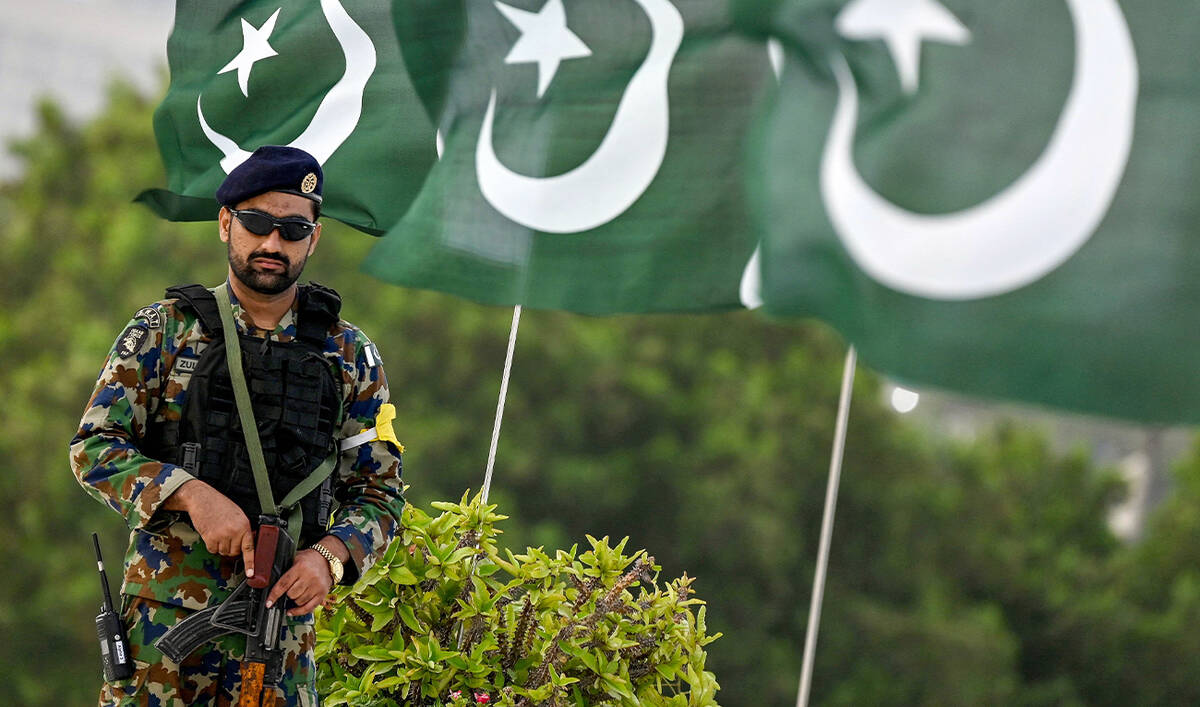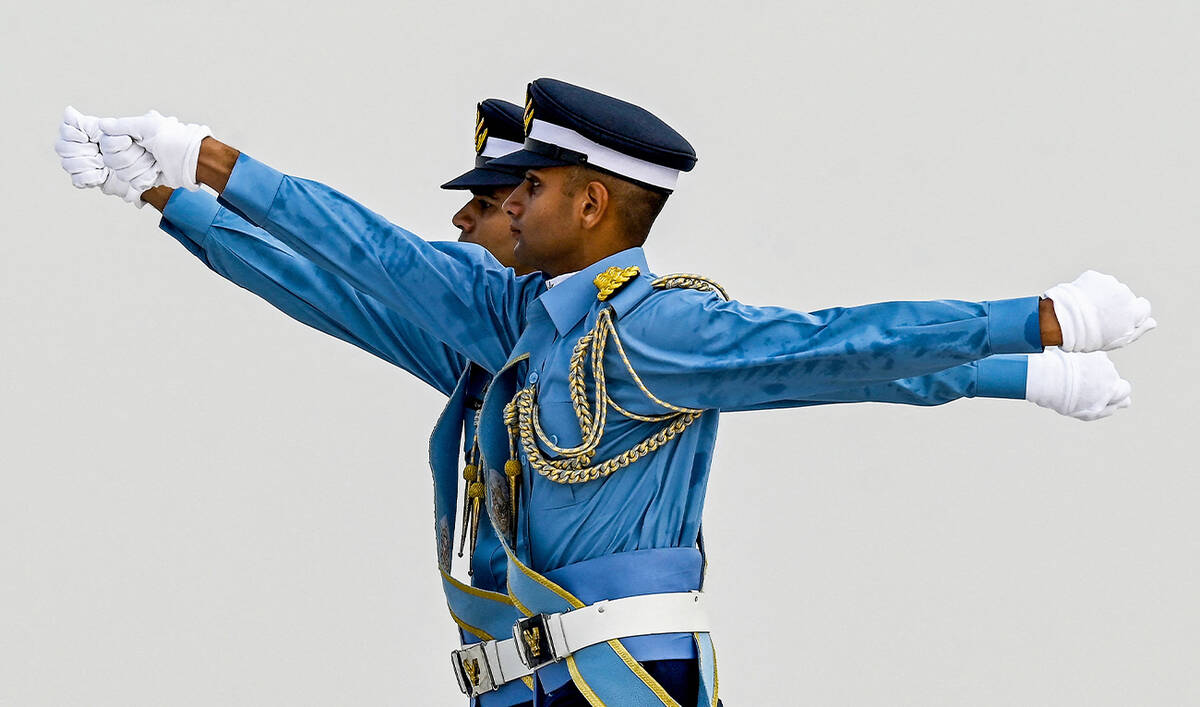ISLAMABAD: Pakistan on Saturday vowed to strengthen its military might along with its information and communication systems while citing threats of disinformation and psychological warfare as the nation commemorated the 60th Defense and Martyrs’ Day.
The anniversary is marked annually on Sept. 6 to honor the military and civilians who resisted Indian forces during the 1965 war.
This year’s commemorations come against the backdrop of another brief but intense war with India in May, which lasted four days before a US-brokered ceasefire was announced by President Donald Trump. Unlike the conflict six decades ago, the standoff this year saw both countries deploy highly sophisticated weaponry under the shadow of nuclear deterrence.
Pakistan’s civilian and military leadership marked the occasion by reiterating their pledge to strengthen the country’s sovereignty and protect its territorial integrity.
“As Supreme Commander, I reaffirm my resolve to continuously upgrade and modernize Pakistan’s defense capabilities,” President Asif Ali Zardari said in a statement.
“In this era, where hybrid and fifth-generation warfare deploys disinformation, propaganda, and psychological operations as weapons, it is essential not only to strengthen our military power but also to fortify our information and communication systems,” he added.

A¬ÝUqaab Force commando and Air Force personnel stands guard outside the mausoleum of¬ÝPakistan‚Äôs¬Ýfounding father Muhammad Ali Jinnah in Karachi on September 6, 2025. (AFP)
“The pillars of the state and the people, especially our youth, must remain vigilant and united to confront these modern threats with wisdom, resilience and solidarity.”
Zardari also invoked the sacrifices of 1965 and praised the armed forces’ performance in this year’s war against India, saying their professionalism across land, air and sea proved Pakistan’s defense was unassailable.
He reiterated support for Kashmir and Palestine, describing both as unfinished struggles for justice and self-determination.
In a separate statement, Prime Minister Shehbaz Sharif applauded the military’s performance on Sept. 1965.
“Sixty years ago, our brave armed forces, with the full support of the people, repelled aggression and proved that Pakistan is a courageous nation capable of protecting its sovereignty and integrity,” he said.

Air Force cadets march at the mausoleum of¬ÝPakistan‚Äôs¬Ýfounding father Muhammad Ali Jinnah in Karachi on September 6, 2025. (AFP)
The military leadership, in a joint statement, described the Defense and Martyrs’ Day as an example of the “unflinching resolve and unshakeable spirit” of the nation.”Pakistan Armed Forces remain ever vigilant and prepared to defend the country against all kinds of threats,” the statement said. “Any attempt to disrupt our hard-earned peace will be met with a befitting and decisive response.”
It added the armed forces were not only committed to national defense but also to supporting citizens during calamities, noting they were actively assisting flood victims this year.
















